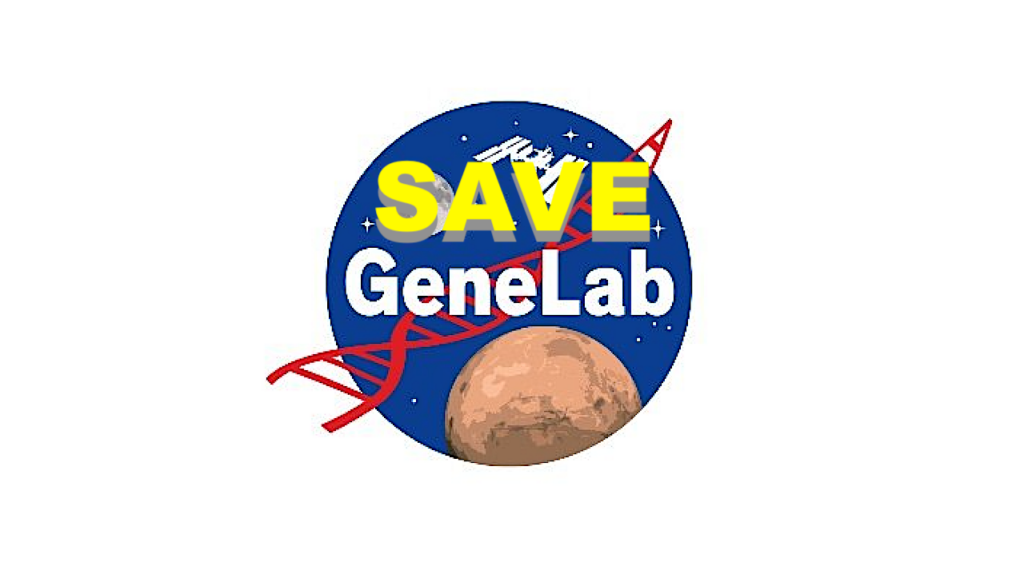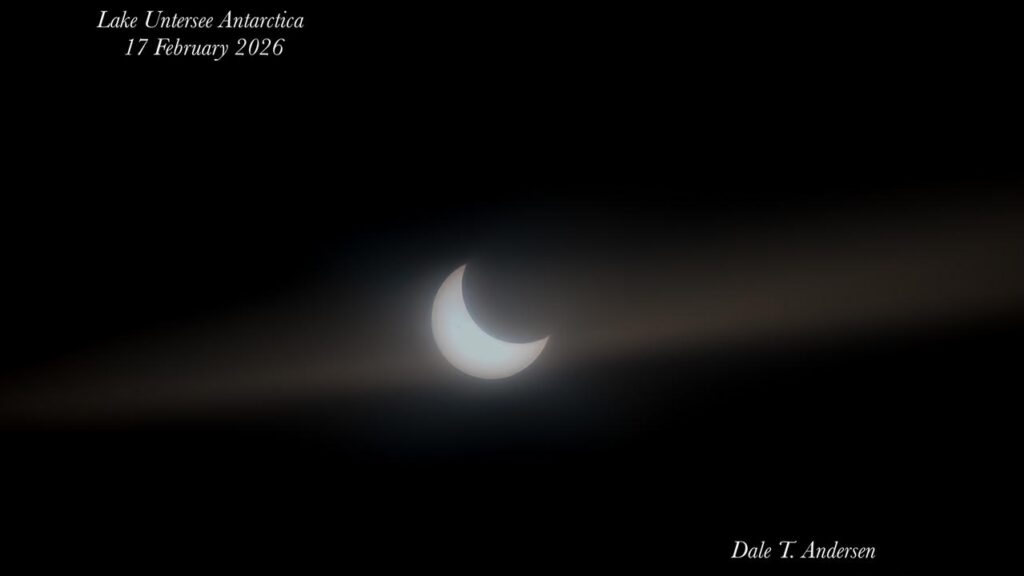NASA Denies Life on Mars Claim (update)
Scientist at center of Mars flap speaks out, MSNBC
“… What happened next is up for debate. Stoker says neither she nor Lemke ever implied that her work could be extrapolated to suggest present life on Mars. She certainly never told anyone that a paper to that effect was about to be published in the journal Nature, she says. Several people at the party, however, later told a journalist that they had said that. The subsequent Space News article set off a brief media frenzy in mid-February that eventually led to a rare official denial from NASA.”
NASA Statement on False Claim of Evidence of Life on Mars
“NASA does not have any observational data from any current Mars missions that supports this claim. The work by the scientists mentioned in the reports cannot be used to directly infer anything about life on Mars, but may help formulate the strategy for how to search for martian life. Their research concerns extreme environments on Earth as analogs of possible environments on Mars. No research paper has been submitted by them to any scientific journal asserting martian life.”
Evidence of current life on Mars, BadAstronomy.com (scroll down)
“Dr. Carol Stoker wrote: A story has appeared in Space.com which quotes us inaccurately and without permission. The story is based on hearsay and is factually incorrect.”
Exclusive: NASA Researchers Claim Evidence of Present Life on Mars, Space.com
“The scientists, Carol Stoker and Larry Lemke of NASAs Ames Research Center in Silicon Valley, told the group that they have submitted their findings to the journal Nature for publication in May, and their paper currently is being peer reviewed.”
NASA: Researchers’ Work May Influence Search for Mars Life, But No Evidence Yet, Space.com
“All attendees interviewed gave consistent accounts of Stoker and Lemkes presentation to the group. Some attendees later had conflicting recollections about what exactly Stoker said about her plans to publish her research. While some said Stoker claimed she had submitted a paper to the journal Nature for publication in May, others said Stoker only mentioned that she was preparing a paper for submission to Nature.”
 Editor’s note:OK Brian: you wrote a story based on what other people told you – and that was good enough for you and your editor to go with waving “exclusive” and then basking in all the media afterglow for having a scoop. Yet, when your story turns out to be incorrect – and NASA takes the rather unprecedented step of issuing a press release to that effect – you try and put the blame upon your hearsay sources which are now, suddenly, not as reliable as you originally thought they were. It would seem that the error lies with your reporting. Yet there is no indication or admission that anyone at Space News/Space.com made any errors in judgement. Curious.
Editor’s note:OK Brian: you wrote a story based on what other people told you – and that was good enough for you and your editor to go with waving “exclusive” and then basking in all the media afterglow for having a scoop. Yet, when your story turns out to be incorrect – and NASA takes the rather unprecedented step of issuing a press release to that effect – you try and put the blame upon your hearsay sources which are now, suddenly, not as reliable as you originally thought they were. It would seem that the error lies with your reporting. Yet there is no indication or admission that anyone at Space News/Space.com made any errors in judgement. Curious.
Characterization of a Subsurface Biosphere in a Massive Sulfide Deposit at Rio Tinto, Spain: Implications for Extant Life on Mars (abstract – PDF), Lunar and Planetary Science XXXVI (2005)
C.R. Stoker, T. Stevens, R. Amils, J. Gmez-Elvira, N. Rodrguez, F. Gmez, E. Gonzlez-Toril, A. Aguilera, D. Fernndez-Remolar, S. Dunagan6, L. Lemke, J. Zavaleta, J.L. Sanz
“The results are important since a similar type of environment may have existed on early Mars at the surface at Sinus Merdiani. Sulfide minerals could feasibly be found in the Martian subsurface today, left as a relict of ancient hydrothermalism or even actively produced by current hydrothermal activity. Borehole organisms and chemical processes involved with the interaction of groundwater and pyrite ores are producing hydrogen and methane in significant quantities. A similar subsurface chemoautotrophic biosphere could be living on Mars today and producing methane that, when released to the atmosphere, could potentially be a source for methane that has been observed in the Martian atmosphere by the Mars Express mission.”
A whiff of life on the Red Planet, New Scientist
“A leading European Space Agency scientist says he has found a gas in the Martian atmosphere that he believes can only be explained by the presence of life. But the few researchers who have been privy to the facts say that such a conclusion is premature.”
 Editor’s note:the New Scientist article does not reference the claims made in the space.com article by Stoker and Lemke – but does put the Mars Express methane discoveries into perspective. In the space.com story, Stoker and Lemke are purported to have based their conclusions, in part, on the Mars Express methane data. In addition, the New Scientist article disucsses the new detection of formaldehyde by Mars Express.
Editor’s note:the New Scientist article does not reference the claims made in the space.com article by Stoker and Lemke – but does put the Mars Express methane discoveries into perspective. In the space.com story, Stoker and Lemke are purported to have based their conclusions, in part, on the Mars Express methane data. In addition, the New Scientist article disucsses the new detection of formaldehyde by Mars Express.








